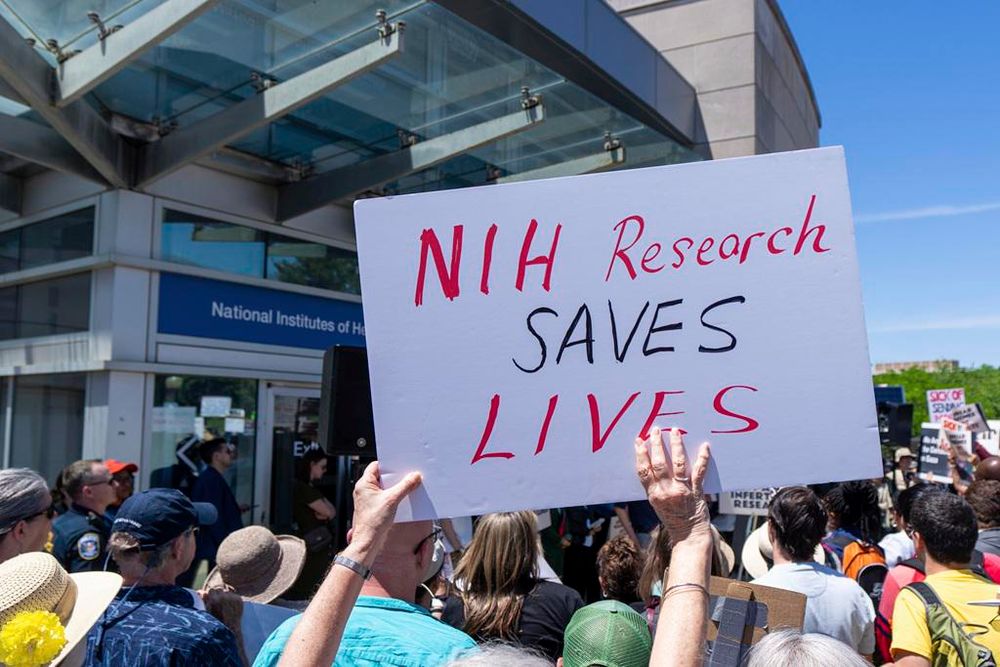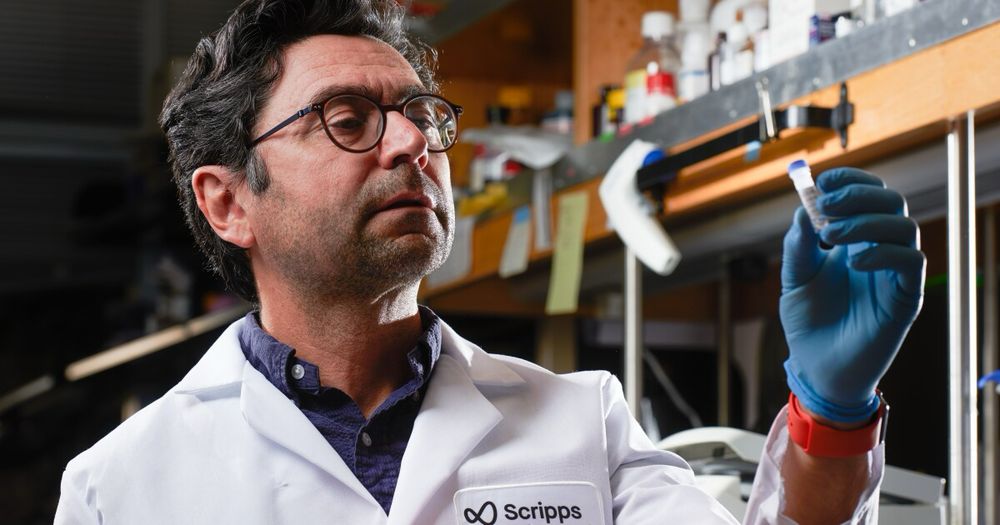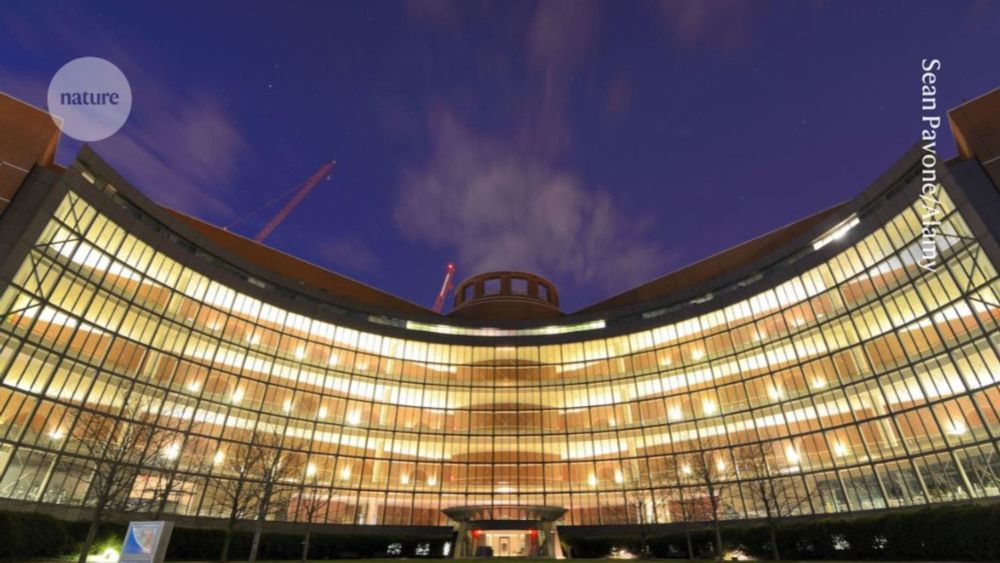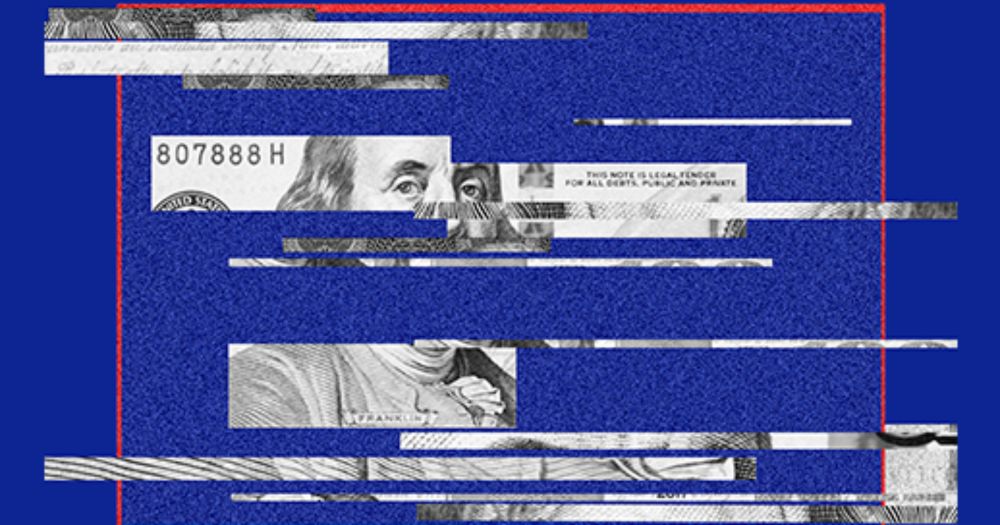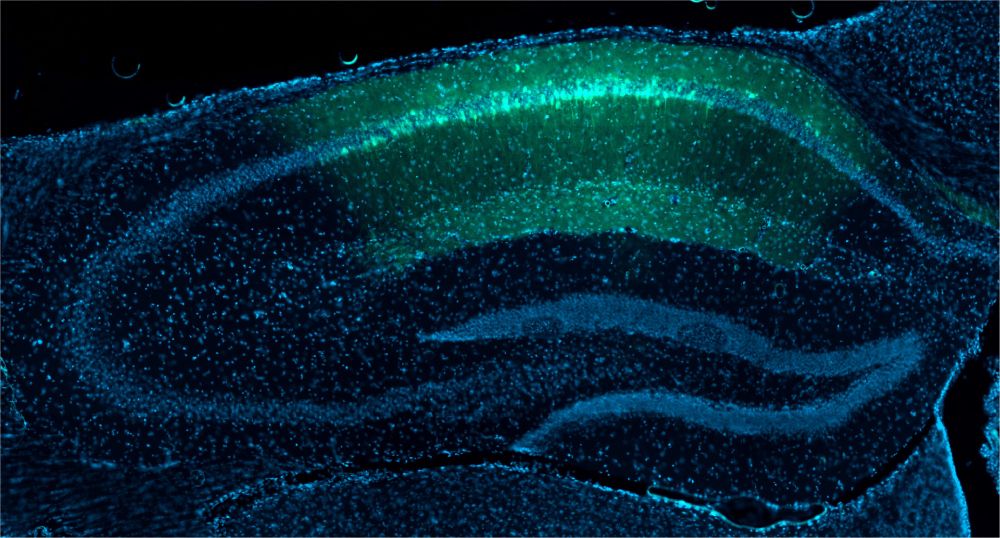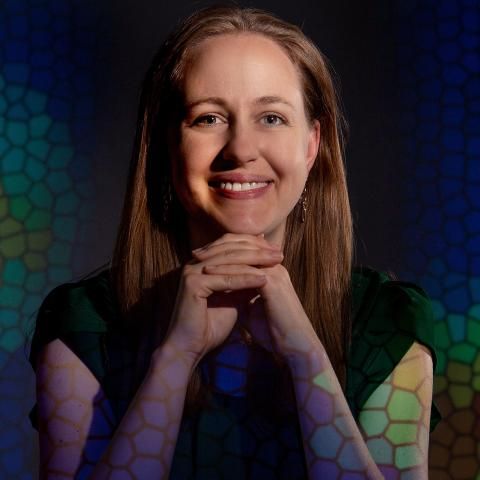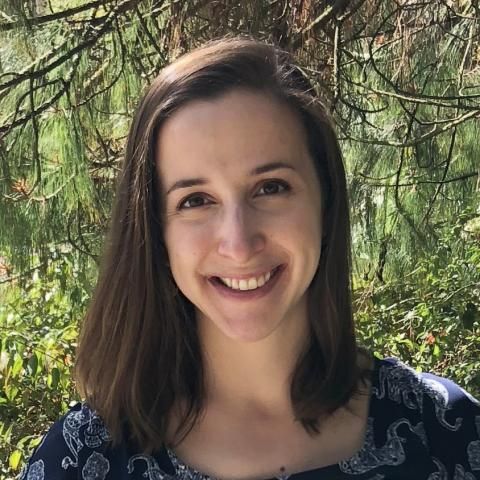Mari Sosa
@marisosa.bsky.social
1.6K followers
730 following
89 posts
Assistant Professor, University of Colorado Boulder | Systems neuroscientist | BRAIN Initiative K99 | Leading Edge Fellow | Hippocampal memory and reward learning | She/her. All opinions my own.
Posts
Media
Videos
Starter Packs
Pinned
Mari Sosa
@marisosa.bsky.social
· Apr 25
Mari Sosa
@marisosa.bsky.social
· Aug 13
Mari Sosa
@marisosa.bsky.social
· Jul 9
Mari Sosa
@marisosa.bsky.social
· Jun 29
Mari Sosa
@marisosa.bsky.social
· Jun 29
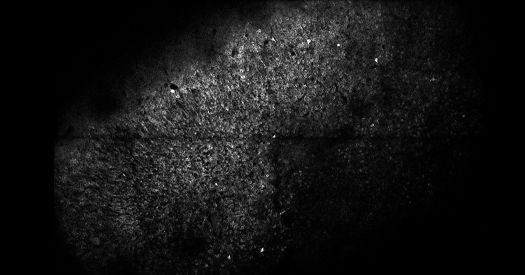
Expanded view of hippocampal function comes into focus
After decades of debate, the region’s role is being rewritten. Rather than using sensory input to simply log key points in time and space, the hippocampus may serve to contextualize our experiences…
www.thetransmitter.org
Reposted by Mari Sosa
Mari Sosa
@marisosa.bsky.social
· Jun 12
Mari Sosa
@marisosa.bsky.social
· Jun 12
Mari Sosa
@marisosa.bsky.social
· Jun 12
Mari Sosa
@marisosa.bsky.social
· Jun 12
Mari Sosa
@marisosa.bsky.social
· Jun 12
Mari Sosa
@marisosa.bsky.social
· Jun 12
Mari Sosa
@marisosa.bsky.social
· Jun 12
Mari Sosa
@marisosa.bsky.social
· Jun 12
Mari Sosa
@marisosa.bsky.social
· Jun 12
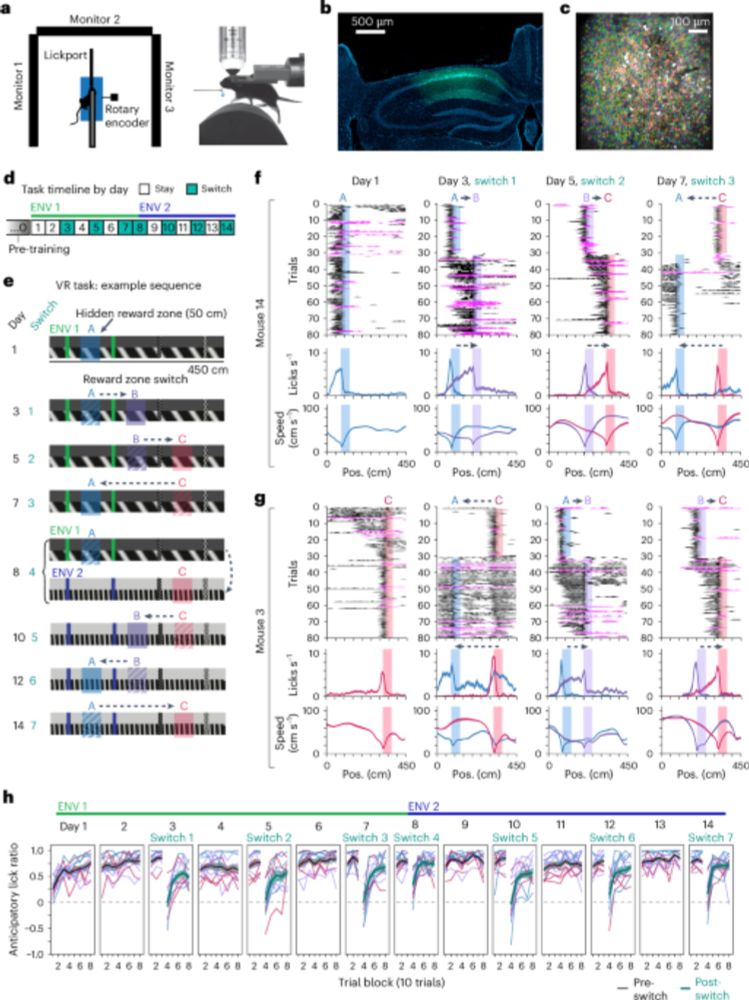
A flexible hippocampal population code for experience relative to reward - Nature Neuroscience
Sosa et al. find that hippocampal neural activity in mice encodes both environmental location and experience relative to rewards, spanning distances far from reward, through parallel and flexible popu...
www.nature.com
Mari Sosa
@marisosa.bsky.social
· Jun 12
Reposted by Mari Sosa




